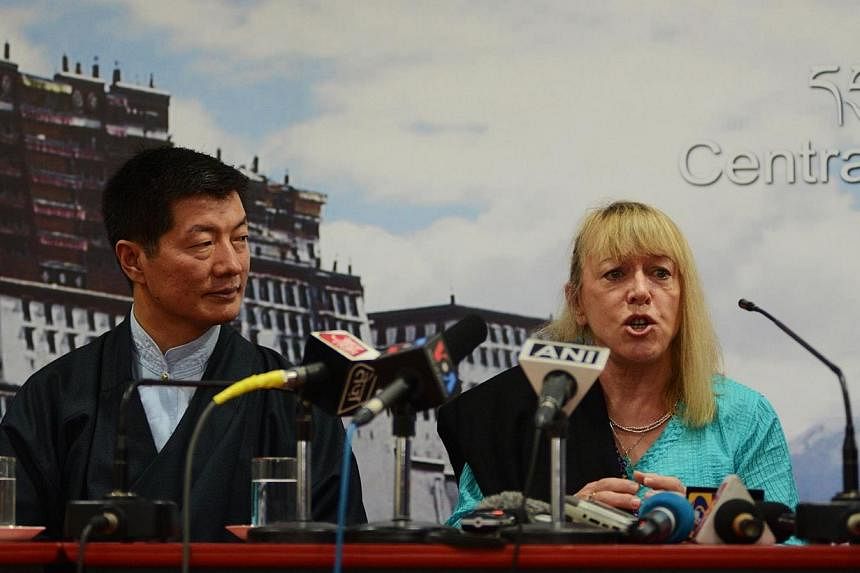DHARAMSALA, India (AFP) - A global summit of Nobel laureates has been cancelled after the event was hit by a boycott over the South African government's refusal to grant the Dalai Lama a visa, peace prize winner Jody Williams said Wednesday.
"The summit has been cancelled because enough Nobel laureates refused to go," Ms Williams said in the northern Indian town of Dharamsala, where the Dalai Lama is based.
A group of six laureates, including American activist Ms Williams, decided late last month to boycott the peace summit in Cape Town scheduled for October 13-15 because the Tibetan spiritual leader was unable to attend.
The six have accused China of putting political pressure on countries to curb interactions with the Dalai Lama, who has lived in exile in India since fleeing Tibet in 1959 after a failed uprising.
China accuses the 79-year-old of being a separatist, while he says he merely wants more autonomy for Tibet.
Cape Town mayor Patricia de Lille said an announcement on the summit would be made on Thursday.
"We are still in discussion regarding the peace summit and will be making an announcement tomorrow," the mayor's spokesman told AFP.
There was no immediate comment from the Nobel summit organisation, which is based in Rome.
Ms Williams was among Nobel laureates speaking at a press conference on Wednesday in Dharamsala to mark 25 years since the Dalai Lama was awarded the Nobel peace prize.
Fellow laureate, Iranian human rights lawyer Shirin Ebadi, said she was surprised that Desmond Tutu had not spoken out about his country's move to refuse the visa.
"There is a history of fighting racial discrimination in South Africa and that is why we don't accept this country's refusal to give a visa to the Dalai Lama three times," said Ms Ebadi, who was also among the original six to boycott the summit.
"I am very surprised that Desmond Tutu has kept his silence at this time. I'm surprised he is not speaking openly like the rest of us," she said.
"Let's remember that whoever decides to stay silent in front of a dictator contributes to the cause of dictatorship." Tutu won the Nobel peace prize in 1984.
Ms Ebadi, who won the Nobel in 2003 for pressing for democracy and human rights in her country, also urged the world - including Chinese people themselves - to speak out about abuses in China.
She cited the case of Liu Xiaobo, the Chinese writer and Nobel peace laureate jailed for inciting subversion in 2009.
Mr Liu was awarded the 2010 Nobel while in prison for his "long and non-violent struggle for fundamental human rights in China".
Ms Ebadi also urged countries to oppose China's treatment of its Muslim Uighur minority in the far-western Xinjiang region, which has been hit by deadly violence.
"Countries have to oppose the treatment of the Uighur Muslims in China... also the people in China, when they see these atrocities and keep up silence, they are complicit." Beijing blames the unrest there on militants seeking independence from China, while rights groups say cultural and religious repression of Uighurs has stoked the violence.

